Blockchain Revolutionizes Education: A Look into the Future
The integration of blockchain technology in education is set to transform how academic records are managed, credentials verified, and administrative processes streamlined. According to an article on The Cryptonomist titled "Blockchain Impacts Education in 2024 | Benefits and Future Trends," this decentralized system offers a secure, transparent method for handling educational data. Katherine Phillips, an educator highlighted by the publication, underscores its potential to enhance trust within learning environments through platforms like JKCP.
One significant advantage of blockchain mentioned in the report is its ability to securely store student records. Once information such as diplomas or transcripts is recorded on a blockchain ledger, it becomes immutable—ensuring authenticity and reducing fraud risks. This feature allows universities worldwide to issue verifiable digital diplomas while schools can protect student transcripts from tampering.
Furthermore, credential verification becomes more straightforward with blockchain-based systems; employers no longer need direct contact with institutions for confirmation purposes. Blockchain's transparency facilitates smoother hiring processes by providing instant access to candidates' qualifications without compromising security protocols.
The benefits extend beyond record management alone—the cost-effectiveness associated with eliminating intermediaries also stands out prominently among these innovations discussed at length throughout The Cryptonomist piece. By automating various tasks via smart contracts—self-executing agreements that carry out specified actions automatically—institutions save both time and resources, which can be efficiently allocated elsewhere instead!
This technological advancement further promotes global accessibility to high-quality learning opportunities regardless of geographical barriers—a crucial step forward amidst ongoing discussions surrounding equitable access across diverse communities globally today! As noted within their comprehensive analysis regarding practical use cases already underway involving notable entities such as MIT issuing digitally secured certificates alongside Harvard utilizing similar methods too—it’s evident there exists immense potential awaiting exploration ahead indeed…
Changes made: 1. Corrected the ampersand in "time & resources" to "time and resources." 2. Rephrased "allocated elsewhere instead!" to "which can be efficiently allocated elsewhere instead!" 3. Added a missing closing bracket to the phrase "The Cryptonomist piece" following removal of unnecessary source URL.Sources:















